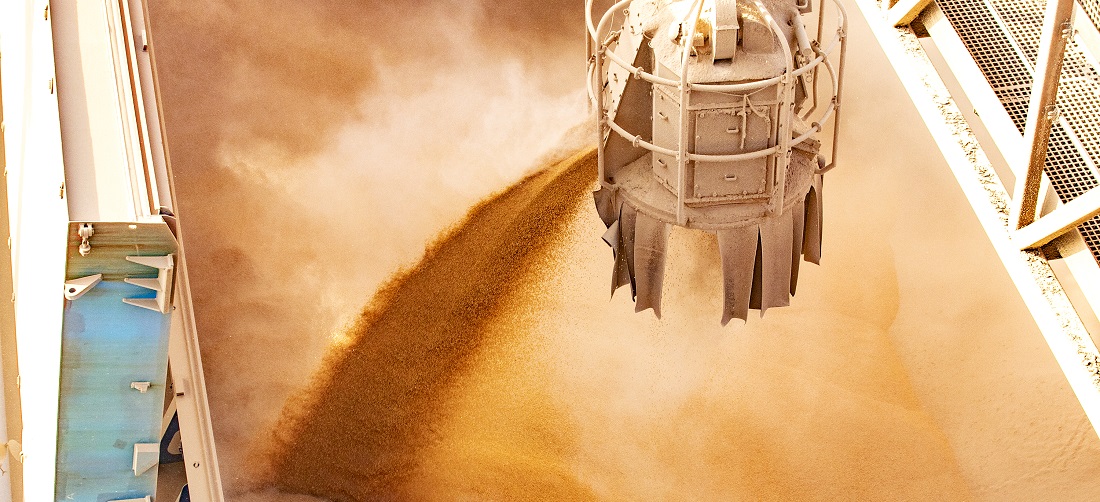
Domestic Demand for Corn Ethanol Raises Concerns Over Brazil’s Export Capacity
Apr, 04, 2025 Posted by Denise VileraWeek 202514
Brazil, the world’s second-largest corn exporter, according to UNEM (National Corn Ethanol Union), may see its export flow threatened by rising domestic demand. The pressure stems from the volatility of corn prices, which have reached their highest levels since 2022, according to ESALQ/BM&FBOVESPA data.
Demand for corn ethanol is expected to remain strong, largely driven by government programs, as highlighted by Agriculture and Livestock Minister Carlos Favaro on Thursday (April 3). “Brazil is showing the world that it has renewable energy sources,” he stated.
CONAB (National Supply Company) estimates an 8.3% increase in corn production for the 2024/25 summer crop, which could reach 24.8 million tons. However, prices are expected to stay high until that production enters the market.
Experts are increasingly concerned about short-term pressure on exports, particularly due to weather conditions that could impact harvest performance. “Brazil had been steadily increasing corn exports year over year, but we may soon see a slowdown in that trend,” said Luiz Fernando Roque, Head of Market Intelligence at Hedgepoint Global Markets.
Brazil currently exports one out of every five tons of corn sold globally. The effort to prioritize domestic supply is shifting expectations for international buyers.
High Prices Likely to Persist
Exports to the U.S. could also be affected by President Donald Trump’s ongoing trade war. In retaliation for new U.S. tariffs on Chinese imports, China has imposed a 15% duty on American corn.
“The ethanol industry is a major driver of domestic corn consumption and has helped support prices,” said André Sanches, a researcher at CEPA, in an interview with Bloomberg Línea.
In Mato Grosso—Brazil’s top corn-producing state—only 39% of the current crop has been sold, compared to 48% last year, according to consulting firm AgRural. High prices are expected to persist even during the winter harvest when the bulk of Brazil’s corn is collected, warned André Pessôa, president of AgroConsult.
Source: BP Money
-
Shipping
Sep, 26, 2024
0
Argentina: Government Imposes 40.49% Hike on Paraguay-Paraná Waterway Toll
-
Fruit
Jan, 13, 2023
0
China port opens direct shipping route for Chilean cherries imports
-
Ports and Terminals
Jan, 17, 2022
0
CODEBA yields new highest cargo handling rate in 2021
-
Grains
Sep, 13, 2021
0
Biofuels breakthrough affects US soy oil shipments



